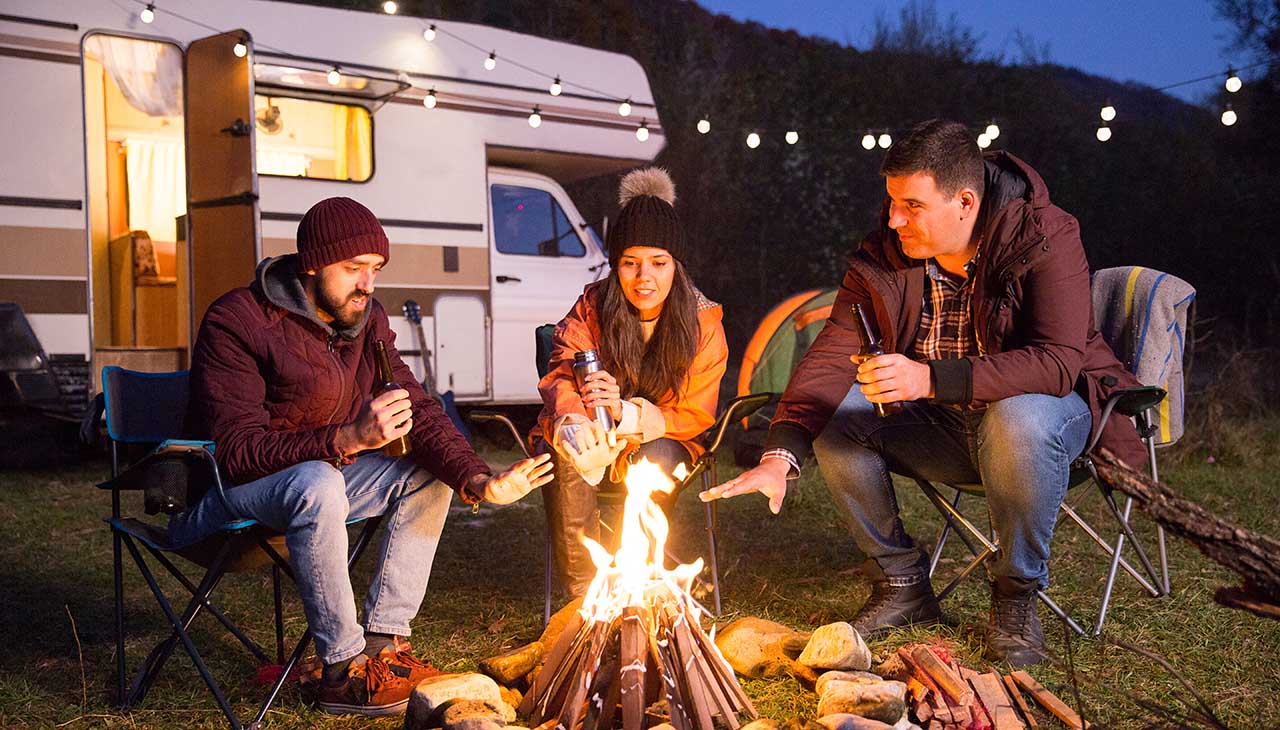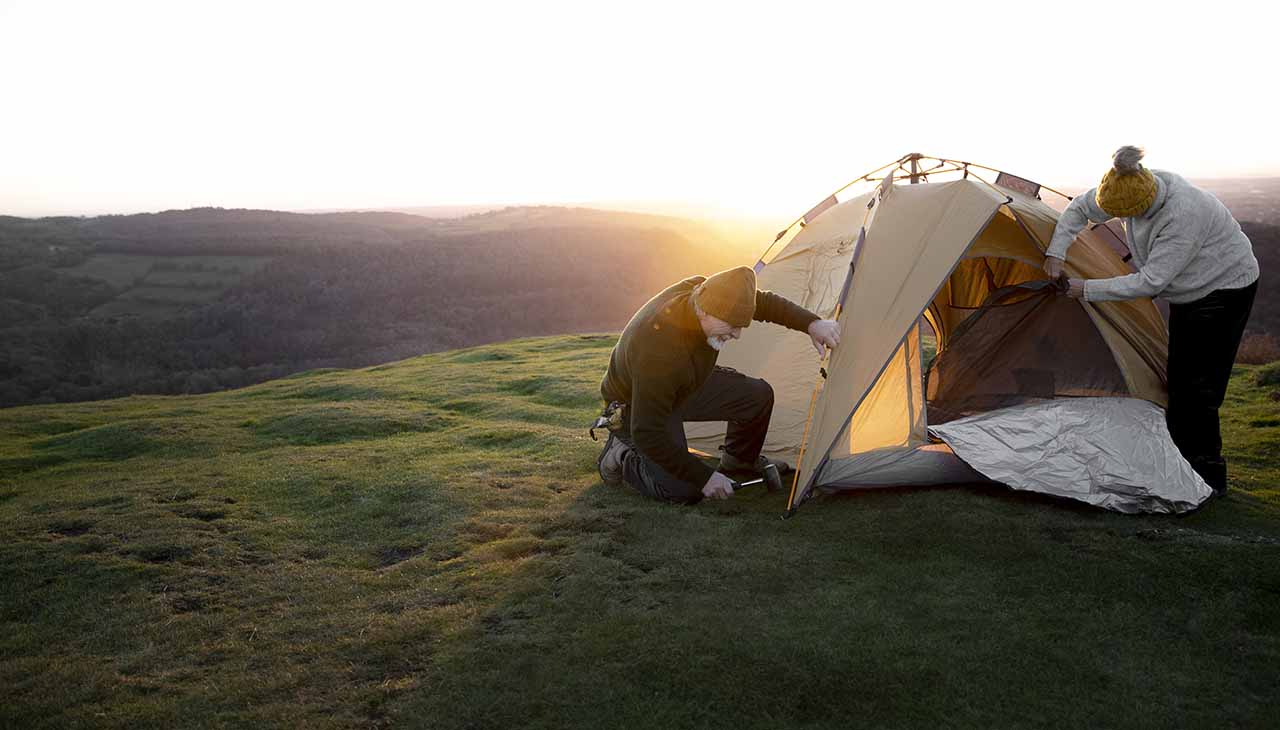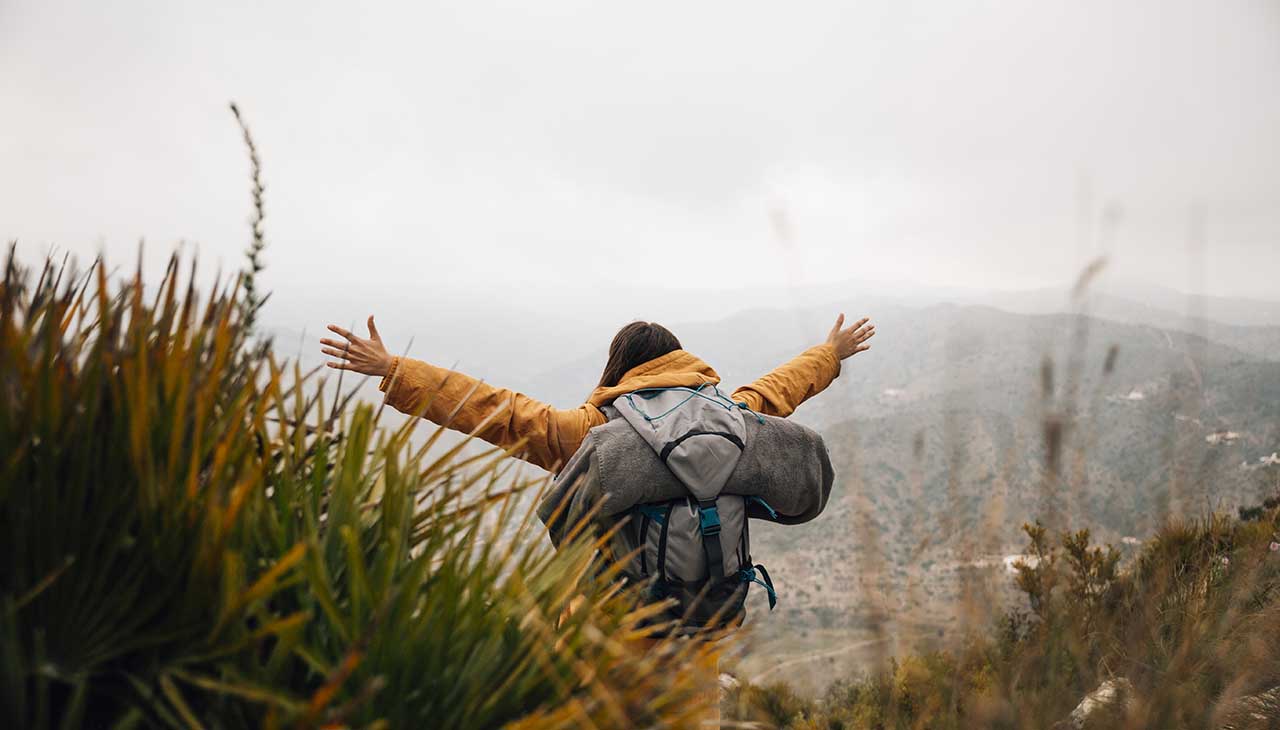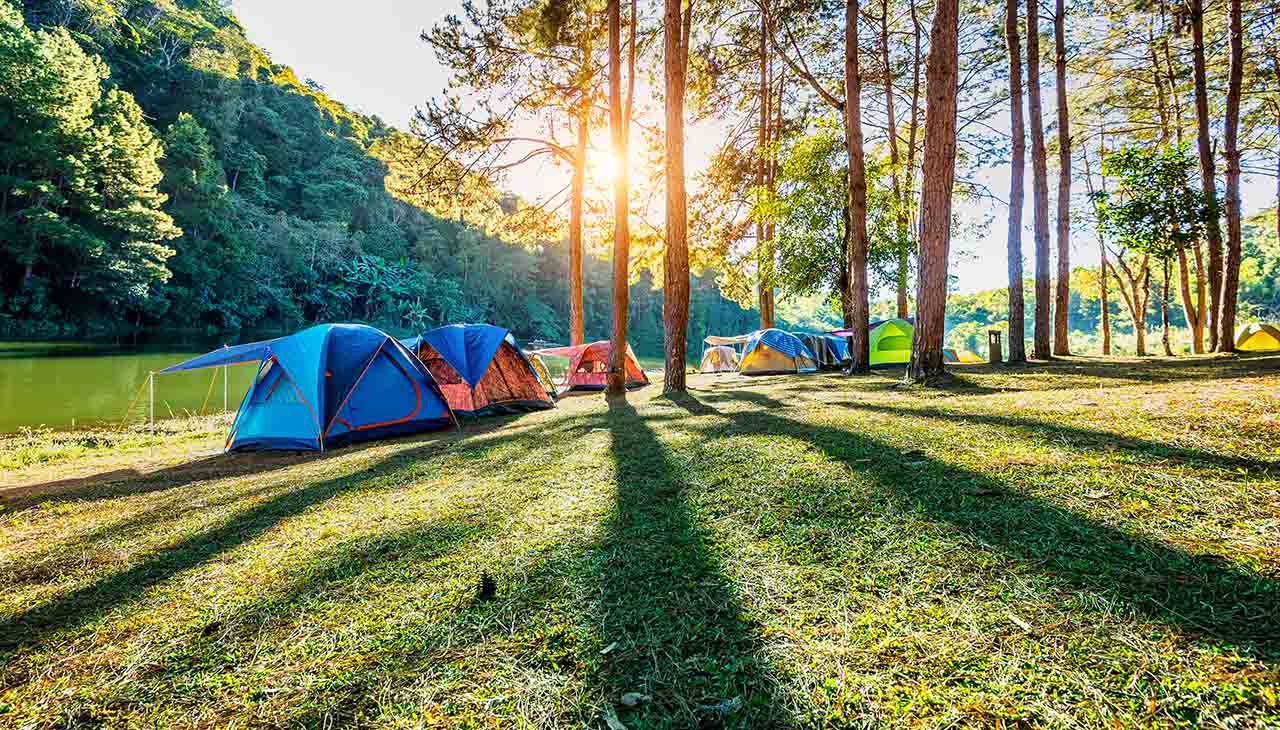Welcome to the ultimate guide to elevating your outdoor cooking game, “Campfire Cuisine: Innovative Recipes and Techniques for Outdoor Cooking”. This guide is designed for both novice campers and seasoned outdoor enthusiasts looking to infuse creativity and gourmet flair into their campfire cooking. Get ready to transform simple ingredients into culinary masterpieces, discover unconventional cooking techniques that leverage the unique conditions of outdoor settings, and create memorable meals under the stars. Whether you’re planning a backpacking trip, a family camping weekend, or just an evening of backyard bonfire fun, this guide will inspire you to explore the art of campfire cuisine.
Essential Tools and Equipment
To master campfire cuisine, having the right tools is as crucial as selecting the right ingredients. Here’s a curated list of essential gear, along with explanations for their use and tips for selecting the best options:
- Cast Iron Skillet: Ideal for even heat distribution, the cast iron skillet is versatile for cooking everything from breakfast scrambles to evening sears. Tip: Choose a pan with a handle loop for easier maneuvering over the campfire.
- Heavy-Duty Aluminum Foil: A kitchen workhorse, heavy-duty aluminum foil can be used to wrap vegetables, fish, or meat for effortless, no-fuss cooking over the coals. Tip: Opt for heavy-duty over regular for increased durability and heat resistance.
- Portable Grill Grate: A grill grate placed over your campfire provides a stable platform for pots, pans, and direct grilling. Tip: Select a lightweight, foldable model for ease of transport and versatility.
- Tongs and Spatula: Long-handled tongs and a spatula are indispensable for safely flipping and removing food from the fire. Tip: Ensure they are made of durable material, like stainless steel, to withstand high heat.
- Campfire Tripod: Perfect for hanging pots or kettles, a tripod allows for a more controlled cooking experience by adjusting the height over the flames. Tip: Look for an adjustable and collapsible model for convenient packing and setup.
- Cutting Board and Knife: A sturdy cutting board and a sharp knife are the basic building blocks for prep work. Tip: Invest in a lightweight, durable cutting board and a knife with a protective sheath for safety during transport.
- Firestarter Kit: Reliable firestarters, whether matches, lighters, or magnesium firestarters, are essential for igniting your campfire promptly. Tip: Waterproof or windproof options ensure you’re prepared for any weather conditions.
By choosing the right equipment and understanding their functions, you’re well on your way to enjoying delicious, hassle-free meals around the campfire. In the next section, we will explore innovative recipes that make the most of these tools and the unique setting of outdoor cooking.
Fire Building Techniques
Before exploring the culinary possibilities of campfire cooking, mastering the art of fire building is essential. Here are different methods of building a campfire, as well as safety precautions and tips for maintaining an ideal cooking temperature.
Teepee Method: Begin by placing tinder in the center of your fire pit. Arrange kindling in a teepee shape around the tinder, followed by larger pieces of wood constructed in the same manner. This structure allows air to circulate freely, making it easier to ignite and maintain.
Log Cabin Method: Start with a small teepee of tinder and kindling. Then, lay larger logs in a square formation around the teepee, stacking them like a log cabin. This method is ideal for cooking as it creates a strong, steady burn and a flat surface for placing pots or grills.
Safety Precautions:
- Choose the Right Spot: Ensure your fire pit is on stable ground and away from any trees, shrubs, or tents. The area should be cleared of any flammable materials.
- Keep Water or a Fire Extinguisher Nearby: Always have a means to extinguish the fire quickly in case it gets out of control.
- Monitor the Fire: Never leave your campfire unattended. Always supervise children and pets around the fire.
Maintaining an Ideal Cooking Temperature:
- Adjust the Fire’s Size: Add more wood to increase heat, or spread out the coals to lower the temperature.
- Use Hardwoods: Hardwoods, like oak or hickory, burn slower and more consistently, providing a steady heat ideal for cooking.
- Manage Coal Bed: For most campfire cooking, glowing coals offer the best heat. Move coals around to create different heat zones – hotter areas for searing and cooler spots for slower cooking.
By mastering these fire building techniques and safety precautions, you’re set to enjoy the pleasures of campfire cuisine with confidence and ease.
Campfire Breakfasts
Starting your day in the wilderness doesn’t mean you have to skimp on the most important meal. With the right tools and a bit of creativity, you can whip up hearty and delicious breakfasts using your campfire. Here are some recipes and tips to turn your morning in the great outdoors into a culinary adventure.
Campfire Breakfast Skillet
- Ingredients: Eggs, diced potatoes, onion, bell peppers, shredded cheese, salt, pepper, and your choice of breakfast meat (bacon, sausage, or ham).
- Method: In your cast iron skillet, cook the meat until nearly done. Add the onions and bell peppers, cooking until softened. Toss in the diced potatoes, season with salt and pepper, and cook until crispy. Crack eggs directly into the skillet, sprinkle with cheese, and cover with foil. Place the skillet over the campfire and cook until the eggs are set to your liking.
Creative Ways to Cook Eggs Over a Campfire
- Boiled Eggs in a Coffee Pot: Fill a campfire-safe coffee pot with water and place it on the fire to boil. Gently add your eggs into the pot and boil for your desired level of doneness. This method is perfect for cooking multiple eggs simultaneously without the need for a pan.
- Egg and Vegetable Foil Packs: Tear off a large piece of heavy-duty aluminum foil. In the center, place a raw egg (cracked or whole) and your choice of diced vegetables and seasonings. Fold the foil into a sealed packet and place it on the coals for about 10-15 minutes.
The Perfect Campfire Coffee
- Cowboy Coffee Method: For an authentic campfire coffee experience, boil water in a camp kettle. Remove from the heat and add ground coffee directly into the water (1 tablespoon per cup). Stir and allow the grounds to settle for a few minutes. Pour slowly to avoid grounds in your cup, or use a clean sock as a makeshift filter.
- French Press: If you prefer sediment-free coffee and have a little more space to pack essentials, a portable French press is your best bet. Simply boil water on your campfire, add it to your grounds in the press, steep for a few minutes, and then plunge for a smooth, rich cup of coffee.
Each of these breakfast ideas is designed to start your day off right, providing the energy you need for your outdoor adventures. Experiment with these recipes and tips to find your favorite ways to enjoy breakfast in the great outdoors.




